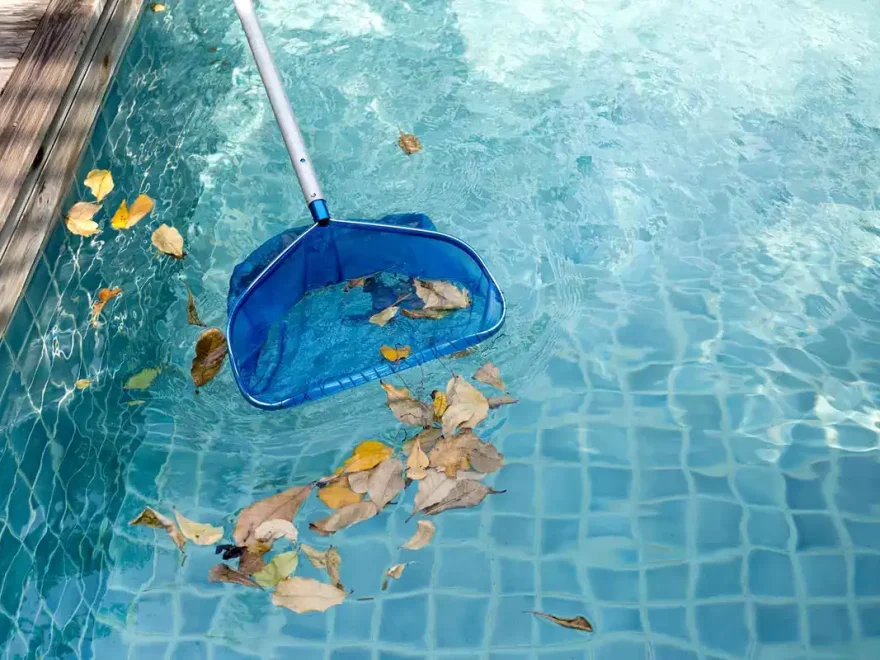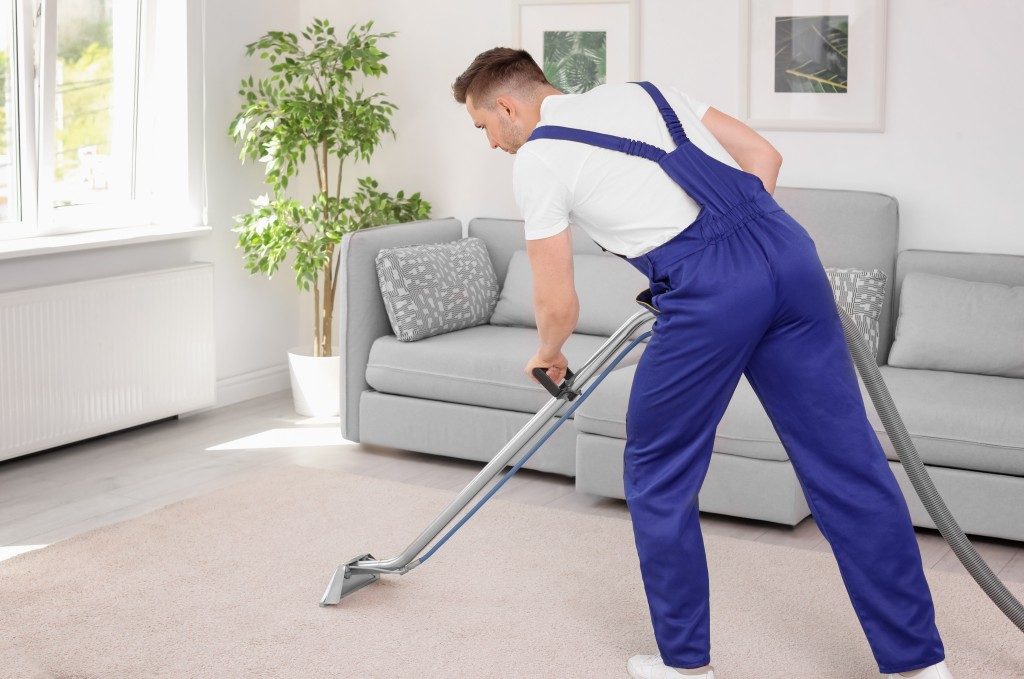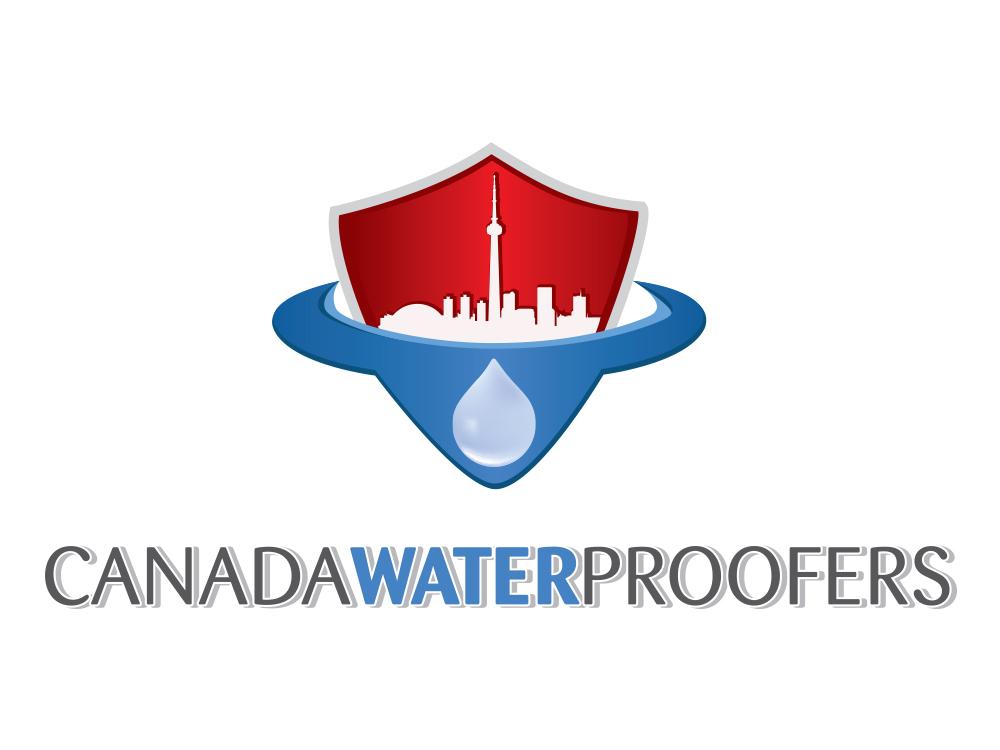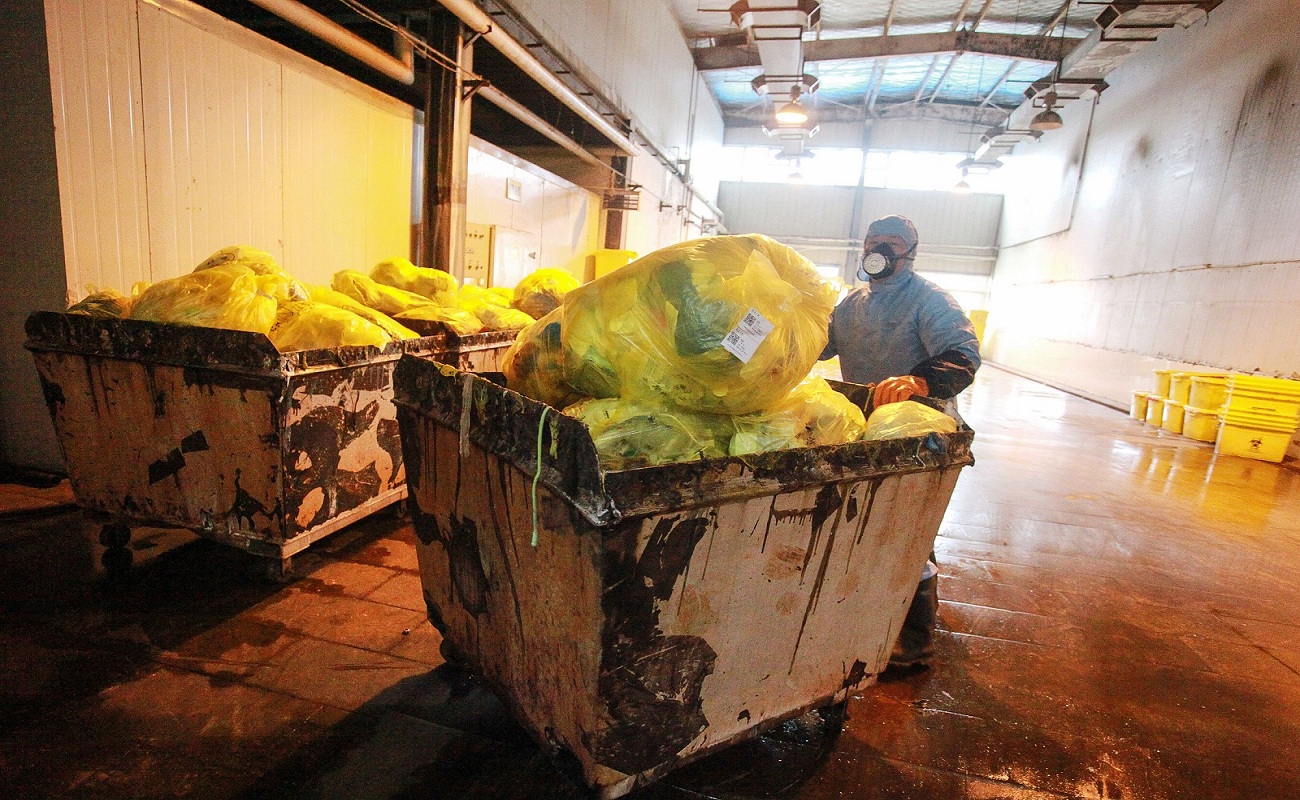
Owning a swimming pool brings countless hours of enjoyment, but it also comes with ongoing maintenance responsibilities. One of the most common questions pool owners ask is: What will it cost to keep my pool clean? Understanding the factors that influence your pool cleaning cost can help you make informed decisions—whether you’re maintaining it yourself or hiring a professional.

Content
1. Size and Type of the Pool
The larger the pool, the more time and chemicals are required to clean it. In-ground pools often cost more to maintain than above-ground ones due to their size, design complexity, and water volume. If your pool has an irregular shape, extra features like fountains or built-in steps, those may also increase the cleaning time and expense.
2. Cleaning Frequency
How often your pool is cleaned significantly affects the overall cost. Weekly cleanings tend to prevent buildup and make each visit quicker and less labor-intensive. However, they do add up over time. Some pool owners opt for bi-weekly or monthly cleanings to cut costs, but this can lead to more extensive cleanings later.
3. Current Condition of the Pool
If your pool hasn’t been cleaned in a while, your first cleaning might be more costly. Algae buildup, murky water, or neglected filters can require a deep clean that includes more time, effort, and chemicals. Once your pool is in good condition, regular maintenance is generally less expensive.
4. Use of Technology
Automatic pool cleaners, robotic vacuums, and efficient filtration systems can reduce the need for manual cleaning. While these systems may involve an upfront investment, they often lower long-term maintenance costs. Pools without these conveniences typically require more labor, which raises the cleaning fee.
5. Geographic Location and Season
The cost of living in your area plays a role in how much you’ll pay for pool service. Urban or high-demand areas often have higher labor and service costs. Additionally, prices may increase during peak swimming seasons, especially in the summer when pools are used more frequently and need more attention.
6. Chemical Balancing Needs
Pool cleaning isn’t just physical—maintaining water chemistry is critical. Proper pH levels, chlorine, alkalinity, and calcium hardness are essential for safe swimming. If your service includes chemical testing and balancing, that will affect your total pool cleaning cost. Some companies charge separately for chemicals, while others include them in package rates.
Make an Informed Decision
Whether you’re hiring a professional or doing it yourself, it’s important to understand all the elements that go into maintaining a healthy pool. If you’re budgeting or comparing service plans, check out this helpful breakdown of average pool cleaning cost to guide your choices.
With regular care, you can extend the life of your pool, improve water quality, and make the most of your outdoor oasis.

Author Name is an avid home blogger, with the goal of helping his readers find inspiration and ideas for their next project. He writes about everything from small design projects to large renovations. His goal is to help people transform their homes into something that reflects who they are.












